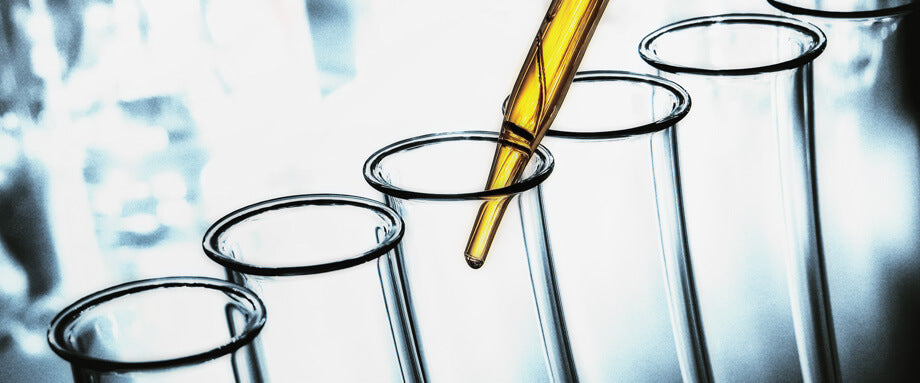Digestion starts with the sight, thought, or smell of food. When the brain anticipates an incoming meal, the vagus nerve sends a message to the stomach causing the release of acetylcholine. The binding of acetylcholine to G cells in the stomach starts the secretion of gastrin and, in combination with acetylcholine and histamine, stimulates parietal cells in the gastric glands of the stomach body to start secreting hydrochloric acid (HCl).
Acid in the stomach serves several purposes but is mostly associated with degrading proteins and polysaccharides so they can cross the intestinal epithelium. Approximately 2 L of HCl is produced daily. The pH level in the stomach ranges from 1.5 to 3, depending on factors such as food intake, stress, and medications or supplements.1 An increase in HCl and decreasing pH level also signal gastric motility to turn on to move the partially digested bolus of food along and help kill bacteria normally ingested with food. The pH of the stomach is regulated by a negative feedback loop by antral D cells that release somatostatin which inhibits the release of gastrin.2 As food moves out of the stomach, the H+ concentration increases which also serves to inhibit HCl secretion.1
Hydrochloric acid contributes to protein digestion by supplying H+ which activates pepsinogen, the precursor to pepsin. Pepsinogen is secreted by chief cells in the gastric glands of the body and antrum of the stomach. Proteins are reduced to fragments of various sizes, called peptides, or amino acids, by pepsin so they can eventually be absorbed in the small intestine. This increase in peptides and amino acids, along with distention from food, further increases HCl secretion. Without adequate HCl secretion, larger fragments of proteins enter the small intestine and may compromise the efficacy of digestive processes. Stress may affect HCl secretion as increased parasympathetic activity to the stomach’s enteric nervous system stimulates the release of acetylcholine, gastrin, and histamine.1.
REFERENCES
- Widmaier EP, Raff H, Strang KT. Vander's Human Physiology: the Mechanisms of Body Function. Boston: McGraw-Hill; 2006. Overview of Acid Secretion. Merck Manuals Professional Edition.
- https://www.merckmanuals.com/professional/gastrointestinal-disorders/gastritis-and-peptic-ulcer-disease/overview-of-acid-secretion. Accessed June 27, 2016.



